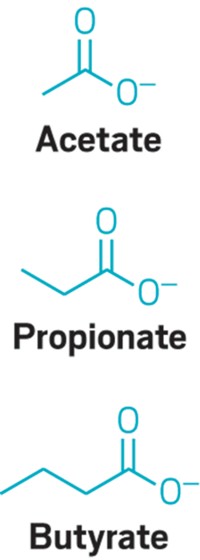Advertisement
Grab your lab coat. Let's get started
Welcome!
Welcome!
Create an account below to get 6 C&EN articles per month, receive newsletters and more - all free.
It seems this is your first time logging in online. Please enter the following information to continue.
As an ACS member you automatically get access to this site. All we need is few more details to create your reading experience.
Not you? Sign in with a different account.
Not you? Sign in with a different account.
ERROR 1
ERROR 1
ERROR 2
ERROR 2
ERROR 2
ERROR 2
ERROR 2
Password and Confirm password must match.
If you have an ACS member number, please enter it here so we can link this account to your membership. (optional)
ERROR 2
ACS values your privacy. By submitting your information, you are gaining access to C&EN and subscribing to our weekly newsletter. We use the information you provide to make your reading experience better, and we will never sell your data to third party members.
Environment
Corpse Microbiome Reveals Telltale Forensic Secrets
Analytical Science: Microbial communities on dead mammals change along a predictable timeline that can help establish time of death
by Sarah Everts
December 21, 2015
| A version of this story appeared in
Volume 93, Issue 49
Mammalian cadavers are a rare source of nutrients for forest ecosystems and one that microbes can break down three orders of magnitude faster than dead plant litter. Researchers led by Rob Knight at the University of California, San Diego, and Jessica L. Metcalf at the University of Colorado, Boulder, wondered how the community of cadaver microbes changes over time as they feast on a corpse’s concentrated source of proteins and lipids. That fare is much different than the megadose of polysaccharides found in plant matter. The team discovered that a cadaver’s microbiome changes in a sufficiently reproducible manner that forensic information can be inferred by examining which microbe diners are present (Science 2015, DOI: 10.1126/science.aad2646). In a study that included four decomposing human subjects and dozens of deceased mice, the team observed time-dependent, predictable increases in microbes involved in nitrogen cycling and amino acid degradation, including the breakdown of lysine and arginine into their foul-smelling by-products cadaverine and putrescine. The team proposes that a cadaver’s microbiome could be used to determine time of death, thereby complementing or improving upon the use of insects for cadaver dating.





Join the conversation
Contact the reporter
Submit a Letter to the Editor for publication
Engage with us on Twitter